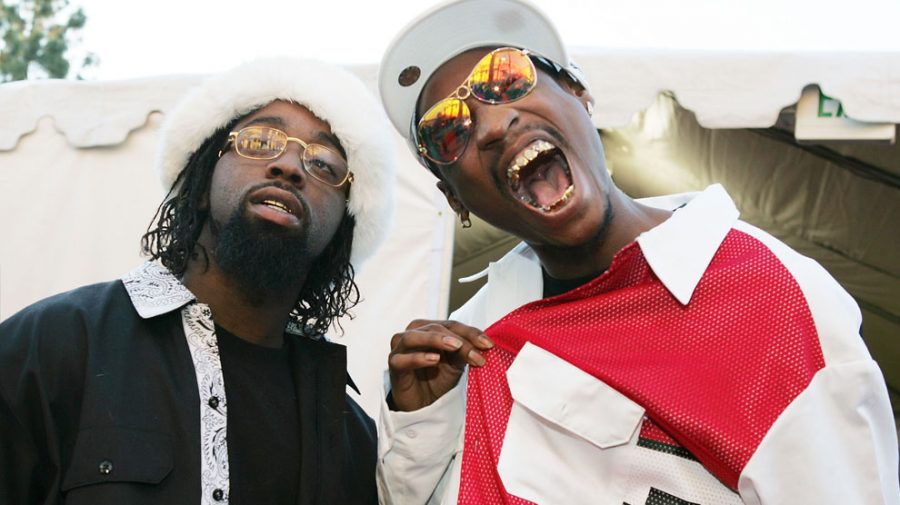What usually makes a good celebration? Something that celebrates legacy and tradition? Friends, food, competition, large sporting events? Sure. However, another important part of that celebration is music. The University of Alabama, for many years, has celebrated the annual Homecoming week with an invited performer.
Heather Roberts, a masters candidate in American studies and a graduate assistant at the Ferguson Center, worked on the Homecoming concert panel for three years.
“I think large concerts, or student-centered events of any scale for that matter, are important at the University because they provide the opportunity for a collective experience that helps to build a sense of unity among the student body,” Roberts said. “From a planning standpoint, they provide an excellent opportunity for students to get ‘real world’ experience in all aspects of large-scale event planning – logistics, management, hospitality, marketing and advertising.”
Roberts also explained different facets of what goes into the Homecoming concerts. She said planning a Homecoming concert takes a lot of time and effort.
“Planning a concert of such a scale as a Homecoming concert requires months of planning and a committed team of people,” Roberts said. “Logistics alone requires months of planning and great skill and organization – hundreds of phone calls, emails, and planning meetings in the weeks leading up to the event and hundreds of collective man hours for the week of and day of the event. However, equally critical to the success of an event is a strategic marketing and advertising plan, which ultimately hinges on the expertise and commitment of staff well-versed in those areas.”
Choosing an artist appropriate for a particular budget, who also has a contemporary and widespread appeal, is difficult, Roberts said.
Roberts was the vice president of University Programs and was the primary chairperson for both the 2007 Chris Daughtry Homecoming concert and the 2008 Hank Williams, Jr. concert. She was also a volunteer for the 2005 Better than Ezra/Collective Soul show, a board member for the 2006 Neal McCoy/Ying-Yang Twins show and an event assistant for the 2009 Carolina Liar/Taking Back Sunday Show.
Roberts said the Daughtry Homecoming concert was her favorite of all of these.
“The Daughtry show was probably the most exciting for me because it was my first experience in planning such a large-scale event,” Roberts said. “Though I wasn’t necessarily a Daughtry fan, it was definitely cool to be part of such a hard-working team of people for that show and to get to meet a rising artist with the best-selling record of that year. Chris Daughtry and his band were very gracious and really easy to work with, which I think helped make the experience a positive one for all of us.”
Roberts said she thinks the Homecoming concerts have been officially going on since the mid-to-late 60s, and since then the University has experienced many great artists.
“In the late 1960s and 1970s, virtually every popular act of the time period made an appearance at the University,” Roberts said. “From Bob Dylan to Jimmy Buffett to Lynyrd Skynyrd to Ray Charles, UA has been lucky enough to host dozens of legendary performances by national artists over the past 40 years as well as countless talented independent acts.”
Students have noticed the absence of such well-known national acts performing at the University in recent years.
“It’s a shame that we no longer have Homecoming concerts anymore,” said Ryan Benton, a senior majoring in electrical engineering. “While they’re not necessarily an integral part of Homecoming, they are something fun to do that I think students enjoy.”
Though the past decade hasn’t brought the most popular artists, most were at least on the average students’ radar, and will be missed. Some students have suggestions for what could be done instead of eliminating the Homecoming concert altogether.
“They used to have good, washed-up 90s alternative artists, and honestly it was pretty cool and entertaining,” said Bown Robertson, a senior majoring in early childhood development. “Though it seems they had a few busts with the final few years’ selection, they could have done some sort of survey of the students that would give them a better idea of what would sell best to the students, but that never came about, or if it did I was unaware.”









